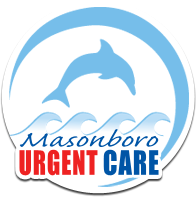 Blood pressure is the force of blood pushing against the wall of the arteries as the heart pumps blood.
Blood pressure is the force of blood pushing against the wall of the arteries as the heart pumps blood.
High blood pressure, sometimes called hypertension, is a common disorder in which blood flows through blood vessels (arteries) at higher than normal pressure.
With a blood pressure monitor two levels (readings) are checked. The systolic (top) reading which the blood pressure is when the heart beats while pumping blood. The diastolic (bottom) reading is the blood pressure when the heart is at rest. Your blood pressure rises with each heartbeat and falls when your heart relaxes between beats. While blood pressure can change from minute to minute with changes in posture, exercise, stress or sleep it should normally be less than 120/80mm HG as reported by the American Heart Association.
Anyone can develop high blood pressure. However, age, being overweight, poor lifestyle habits and a family history of high blood pressure can increase your risk for developing high blood pressure.
Blood pressure tends to rise with age. Approximately 65% of Americans greater than 60 years of age have elevated blood pressure. However the risk for prehypertension and high blood pressure is increasing for children and teens possibly due to the rise in obesity in that population.
Unhealthy lifestyle habits can raise your risk of high blood pressure. Eating too much sodium, getting too little physical activity, drinking too much alcohol or having a high stress lifestyle can contribute to an unhealthy blood pressure.
If you have been diagnosed with high blood pressure it is important to obtain regular medical care and to follow your prescribed treatment plan which will include healthy lifestyle recommendations. Not only can healthy lifestyle habits prevent high blood pressure from occurring but they can also help prevent complications and long term problems.



